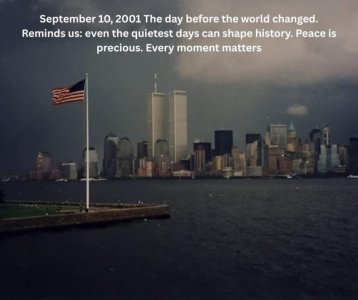Tish
SF VIP
- Location
- Rural N.S.W. Australia
Birthdays
1815 John McDouall Stuart, Australian explorer, born in Dysart, Fife, Scotland
1876 C. J. Dennis, Australian poet (The Songs of a Sentimental Bloke), born in Auburn, South Australia
1894 Vic Richardson, Australian cricket batsman and captain (19 Tests, 1 x 100, HS 138; South Australia) and SANFL player (Magarey Medal 1920 Sturt FC), born in Adelaide, Australia
1914 Graeme Bell, Australian jazz pianist, band leader, and composer, born in Richmond, Victoria, Australia
1917 John Cornforth, Australian-British chemist (Nobel Prize 1975), born in Sydney, Australia
1960 Andrew Voss, Australian television personality (Fox League), born in Sydney, Australia
1980 Sara Carrigan, Australian cyclist (Olympic gold, road race 2004), born in Gunnedah, New South Wales
2000 Ariarne Titmus, Australian swimmer (Olympic gold 200/400m 2021, 400m & 4x200m
2024; World C'ship gold 400m, 4x200m 2019), born in Launceston, Australia
Deaths
1984 Don Tallon, Australian cricket wicket-keeper (21 Tests, 58 dismissals, 2 x 50s; Queensland CA), dies of heart disease at 68



